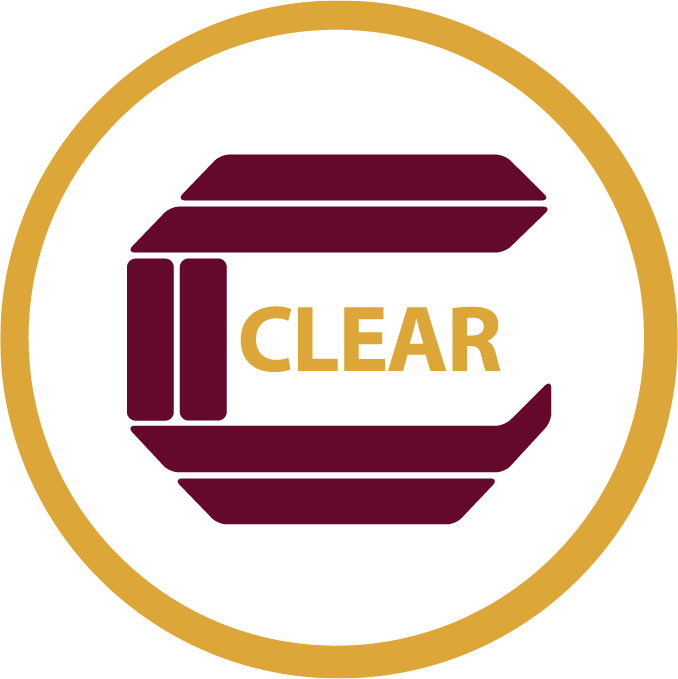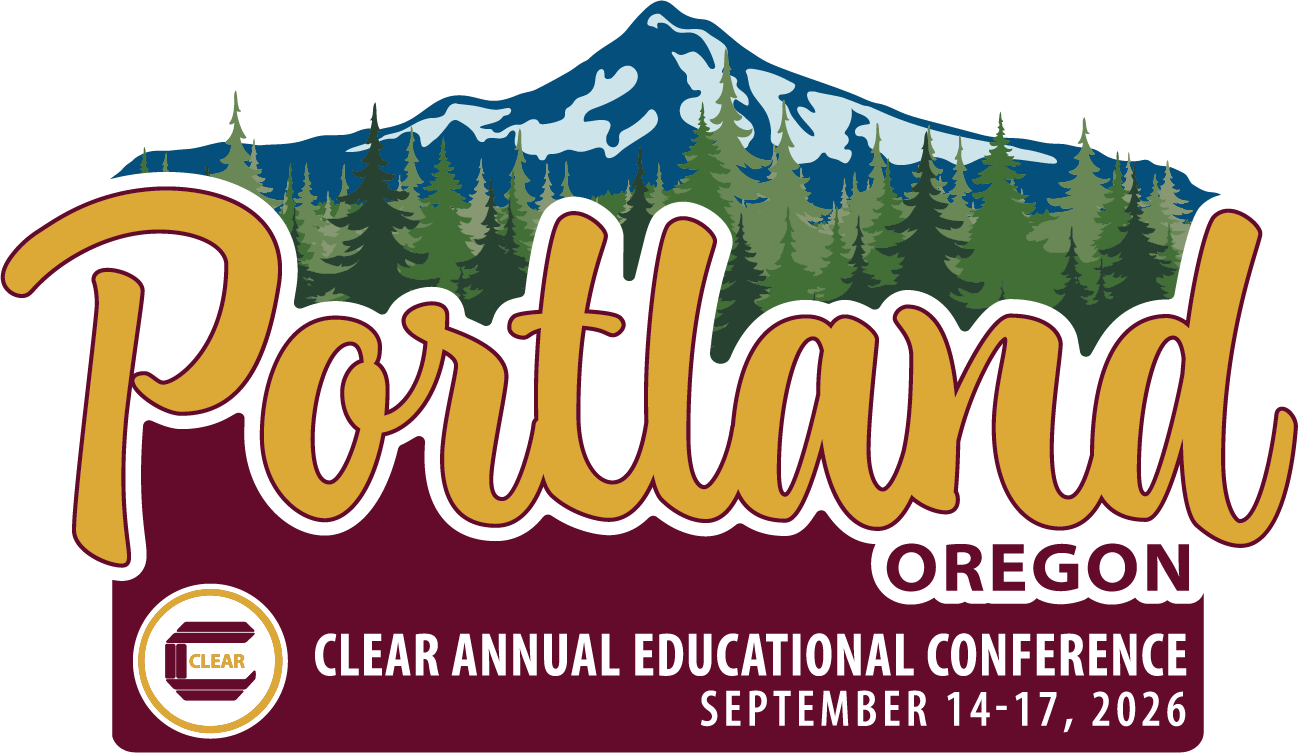NCIT Basic Syllabus
Below is the syllabus for the NCIT Basic program. This content is the same for both in-person and virtual programs.
This module focuses on the development of professional attitudes, conduct, and relationships with other regulatory and law enforcement agencies. It includes a discussion of the public's expectations of investigators, human relations skills that will enhance the investigator's ability to deal with people, and the common characteristics of regulatory enforcement personnel.
This module provides the basic guidelines for understanding administrative law and procedure and the regulatory process. It identifies the sources of administrative law, the most accepted standard of proof used in administrative proceedings, the areas most often challenged in administrative hearings, the criteria courts use to ensure an administrative action is legal when a challenge or appeal is made, and the differences between centralized, independent and semi-autonomous boards.
This module teaches a basic understanding of the investigative process including the intake of complaints, investigative planning, and the execution of an investigative plan. It identifies the elements of the complaint process, the standards of acceptance, the methods for receiving and reviewing complaint information, investigative tools used to conduct administrative investigations, and sources for obtaining information used to implement an investigative plan.
This module reviews the sources of evidence law and provides information regarding evidence in administrative cases. The material also includes the classification of evidence, types, and forms of evidence, and the rules of evidence and their use in administrative proceedings.
This module furnishes the student with the basic guidelines for gathering evidence, including proper techniques for the custody and storage of evidence. Reviews the investigator's role of identifying, documenting, collecting, and managing evidence.
This module emphasizes techniques for obtaining complete and accurate verbal information. Explains the proper method of interviewing, how to establish rapport with persons being interviewed, considerations for interview preparation, and proper and improper questioning techniques.
This module provides students with an overview of safety concerns for investigators, and high-level strategies for mitigating danger.
This module explains the inspector's role and the specific steps in an inspection--planning the inspection, conducting the inspection, and writing the formal report. Content includes the fundamental elements of inspections, the importance of planning and proper documentation, and the establishment and maintenance of rapport with the licensees being inspected.
This module teaches students ways to improve factual, investigative reports. While formats and requirements vary from agency to agency, this material is designed to help attendees learn how to write a factual report that is accurate, logical, clear, concise, and complete.
This final module provides students with the basic skills and techniques for effective witness testimony. The content helps attendees develop an understanding of the roles of the prosecutor, the varied situations in which testimony might be given, and the mental and physical preparation necessary for testifying on the witness stand.


